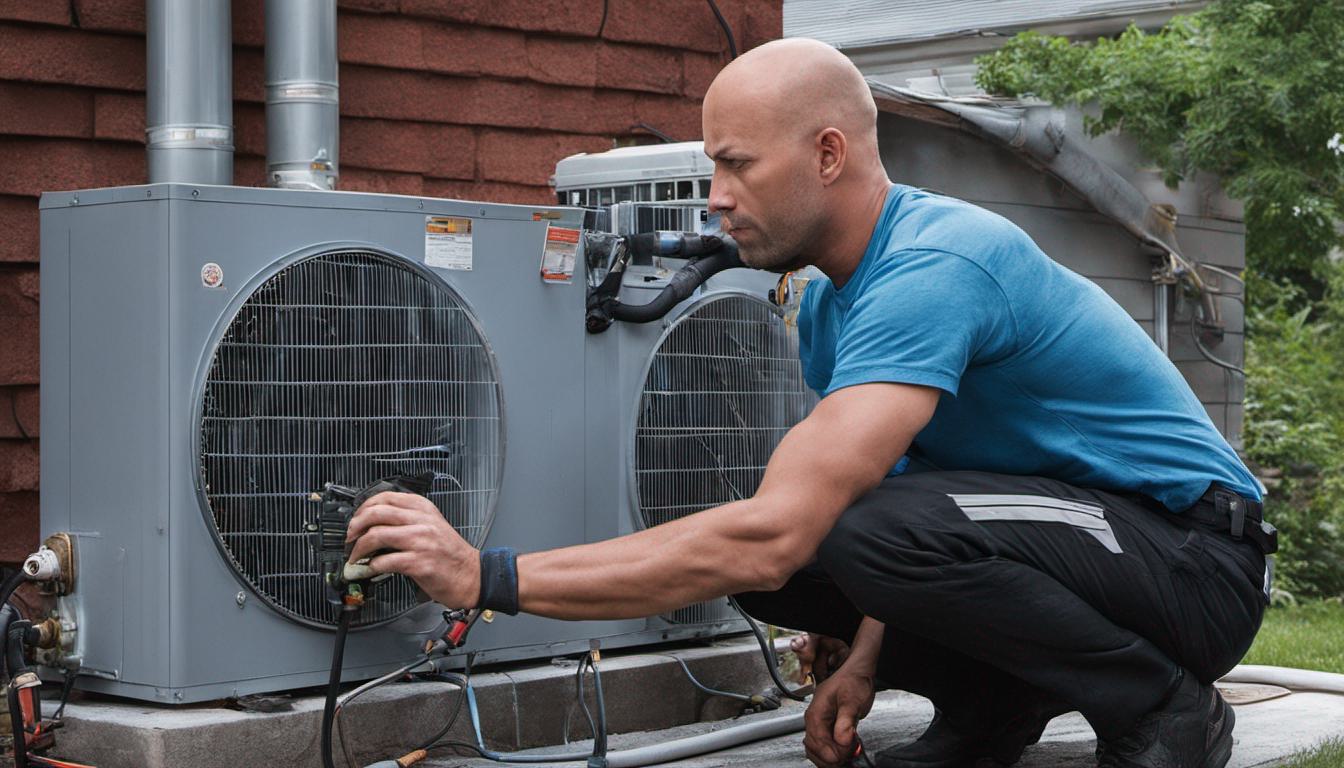Heat Pumps: Efficient Heating and Cooling for Your Home
A heat pump is an energy-efficient solution for heating and cooling your home year-round. By transferring heat instead of generating it, heat pumps offer significant savings on energy bills while maintaining comfort.

